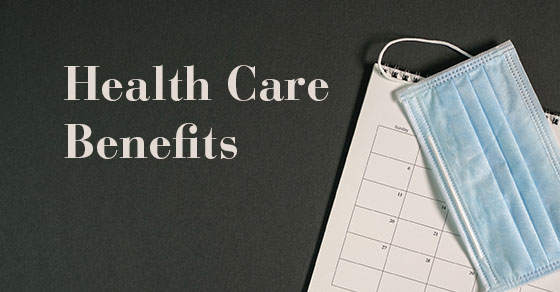
The U.S. Department of Labor (DOL) recently issued EBSA Disaster Relief Notice 2021-01, which is of interest to employers. It clarifies the duration of certain COVID-19-related deadline extensions that apply to health care benefits plans.
Extensions to continue
The DOL and IRS issued guidance last year specifying that the COVID-19 outbreak period — defined as beginning March 1, 2020, and ending 60 days after the announced end of the COVID-19 national emergency — should be disregarded when calculating various deadlines under COBRA, ERISA and HIPAA’s special enrollment provisions.
The original emergency declaration would have expired on March 1, 2021, but it was recently extended. Although the agencies defined the outbreak period solely by reference to the COVID-19 national emergency, they relied on statutes allowing them to specify disregarded periods for a maximum of one year. Therefore, questions arose as to whether the outbreak period was required to end on February 28, 2021, one year after it began.
Notice 2021-01 answers those questions by providing that the extensions have continued past February 28 and will be measured on a case-by-case basis. Specifically, applicable deadlines for individuals and plans that fall within the outbreak period will be extended (that is, the disregarded period will last) until the earlier of:
- One year from the date the plan or individual was first eligible for outbreak period relief, or
- The end of the outbreak period.
Once the disregarded period has ended, the timeframes that were previously disregarded will resume. Thus, the outbreak period will continue until 60 days after the end of the COVID-19 national emergency, but the maximum disregarded period for calculating relevant deadlines for any individual or plan cannot exceed one year.
Communication is necessary
The DOL advises plan sponsors to consider sending notices to participants regarding the end of the relief period, which may include reissuing or amending previous disclosures that are no longer accurate. Sponsors are also advised to notify participants who are losing coverage of other coverage options, such as through the recently announced COVID-19 special enrollment period in Health Insurance Marketplaces (commonly known as “Exchanges”).
Notice 2021-01 acknowledges that the COVID-19 pandemic and other circumstances may disrupt normal plan operations. The DOL reassures fiduciaries acting in good faith and with reasonable diligence that enforcement will emphasize compliance assistance and other relief. The notice further states that the IRS and U.S. Department of Health and Human Services concur with the guidance and its application to laws under their jurisdiction.
Challenges ahead
Plan sponsors and administrators will likely welcome this clarification but may be disappointed in its timing and in how it interprets the one-year limitation. Determinations of the disregarded period that depend on individual circumstances could create significant administrative challenges.
In addition to making case-by-case determinations, plan sponsors and administrators must quickly develop a strategy for communicating these complex rules to participants. Contact us for further information and updates.
